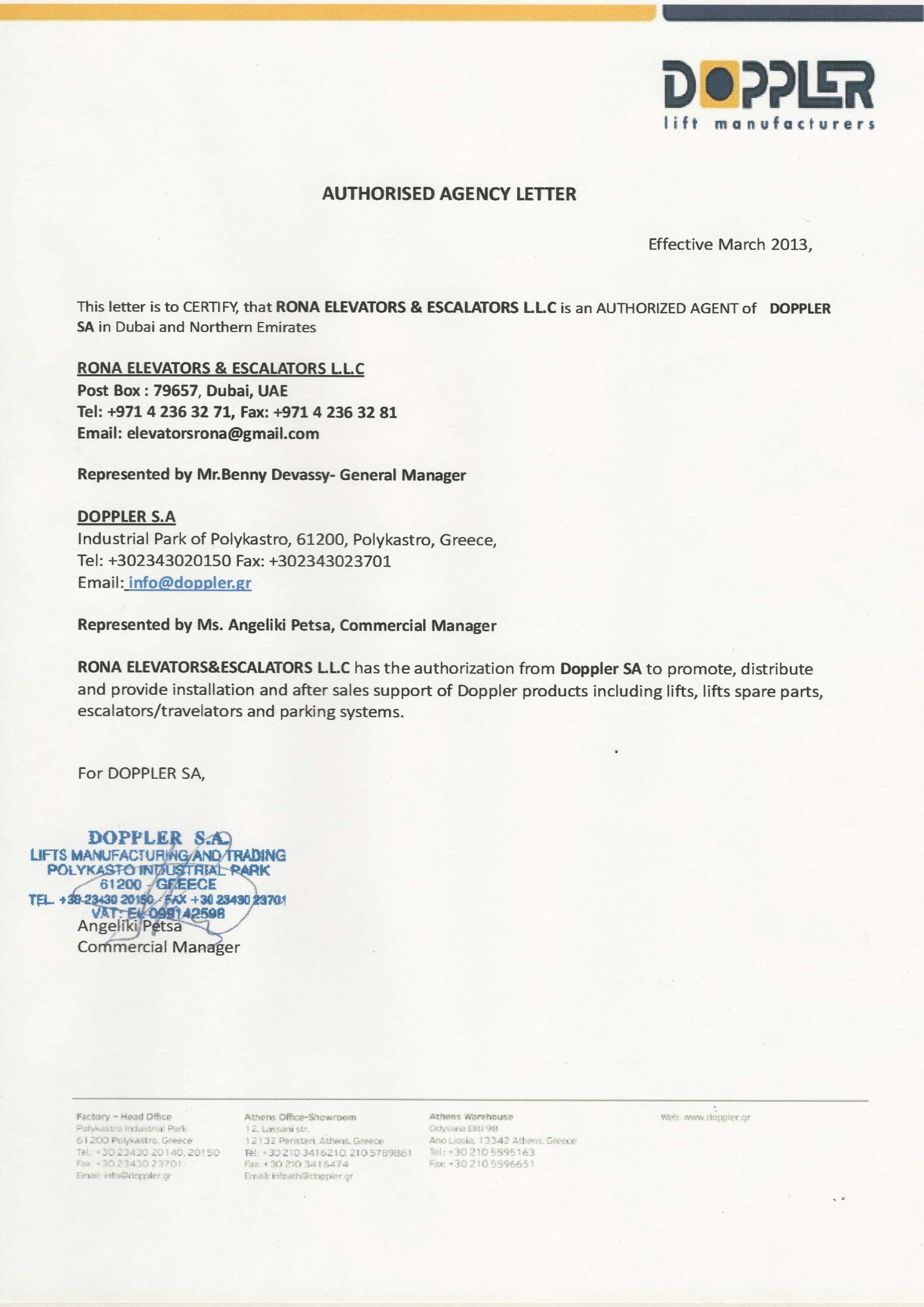
In recent years, the elevator industry has witnessed a significant transformation, driven by advancements in artificial intelligence (AI). Smart elevators, equipped with AI-powered systems, are revolutionizing building operations and enhancing user experiences. This blog explores the key features and benefits of smart elevators, highlighting how AI is reshaping the industry.
Key Features of Smart Elevators
- Predictive Maintenance: AI algorithms can analyze elevator data to predict potential failures, allowing for proactive maintenance and minimizing downtime.
- Intelligent Destination Selection: Smart elevators can optimize passenger flow by considering factors such as peak traffic times, group size, and destination floors.
- Energy Efficiency: AI-powered systems can optimize elevator energy consumption by adjusting speed and frequency based on demand and building occupancy.
- Enhanced Safety: Smart elevators can incorporate features such as emergency stop buttons, automatic door closers, and real-time monitoring systems to improve safety.
Benefits of Smart Elevators
- Improved Efficiency: Smart elevators can enhance building efficiency and productivity by optimizing passenger flow and reducing downtime.
- Cost Savings: Predictive maintenance and energy efficiency can lead to significant cost savings over the long b.
- Enhanced User Experience: Smart elevators can provide a more comfortable and convenient experience for building occupants.
- Sustainability: By reducing energy consumption and minimizing environmental impact, smart elevators contribute to sustainable building practices.
AI is playing a crucial role in driving the evolution of elevators. Smart elevators offer a range of benefits, including improved efficiency, cost savings, enhanced user experience, and sustainability. As AI technology advances, we can expect to see even more innovative and sophisticated smart elevator solutions in the future

